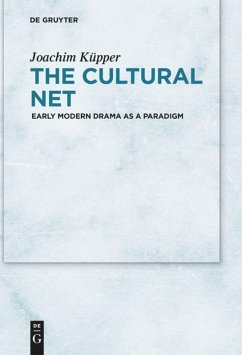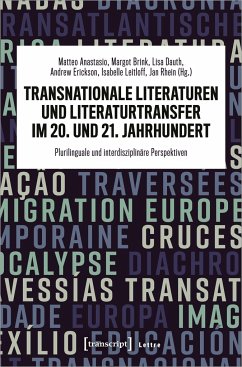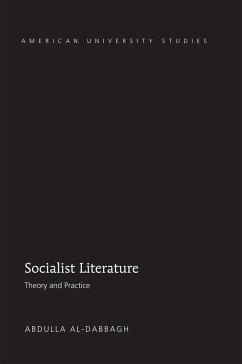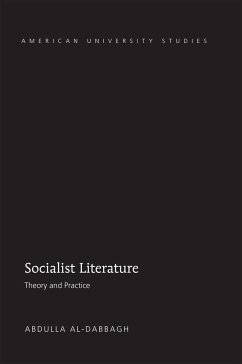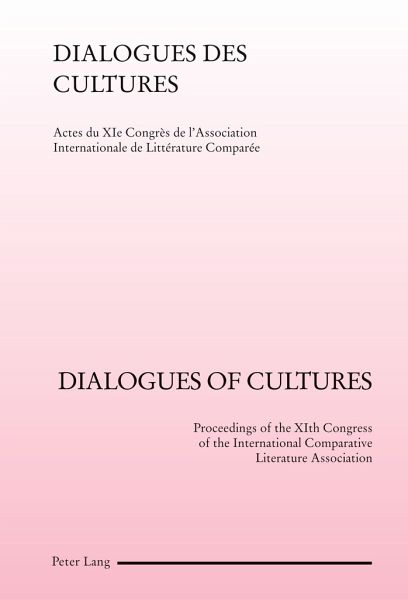
Dialogues of Cultures- Dialogues des cultures
Actes du XIe Congrès de l'Association Internationale de Littérature Comparée
Herausgegeben: Kushner, Eva; Toru, Haga
Versandkostenfrei!
Versandfertig in 6-10 Tagen
74,95 €
inkl. MwSt.

PAYBACK Punkte
0 °P sammeln!
More than ever, comparative literature sees as its task the international study of literatures, which means that the entire spectrum of world literature is potentially its field of exploration. Today this means much more than studying relations between national literatures neatly contained within the borders of national states; transnationality is everywhere: in a multiplicity of diasporas, exiles, and multinational linguistic communities spanning the world; but also within multicultural countries and megacities. It means that in the global village the possibility exists and must exist not onl...
More than ever, comparative literature sees as its task the international study of literatures, which means that the entire spectrum of world literature is potentially its field of exploration. Today this means much more than studying relations between national literatures neatly contained within the borders of national states; transnationality is everywhere: in a multiplicity of diasporas, exiles, and multinational linguistic communities spanning the world; but also within multicultural countries and megacities. It means that in the global village the possibility exists and must exist not only to study the literatures closest to one's own, but those of the Other, in complete reciprocity; and not only from the vantage-point of one's own culture but with a mind open to patterns, methods, visions very distant from one's own. In "Dialogues of Cultures" twenty-two authors have come to grips with this necessity, studying self-critically, with open minds and a variety of comparative methods, first, aspects of "East-West relations" (but "East" and "West" must be understood in the broadest and most symbolical sense); and secondly aspects of intra-European relations.




